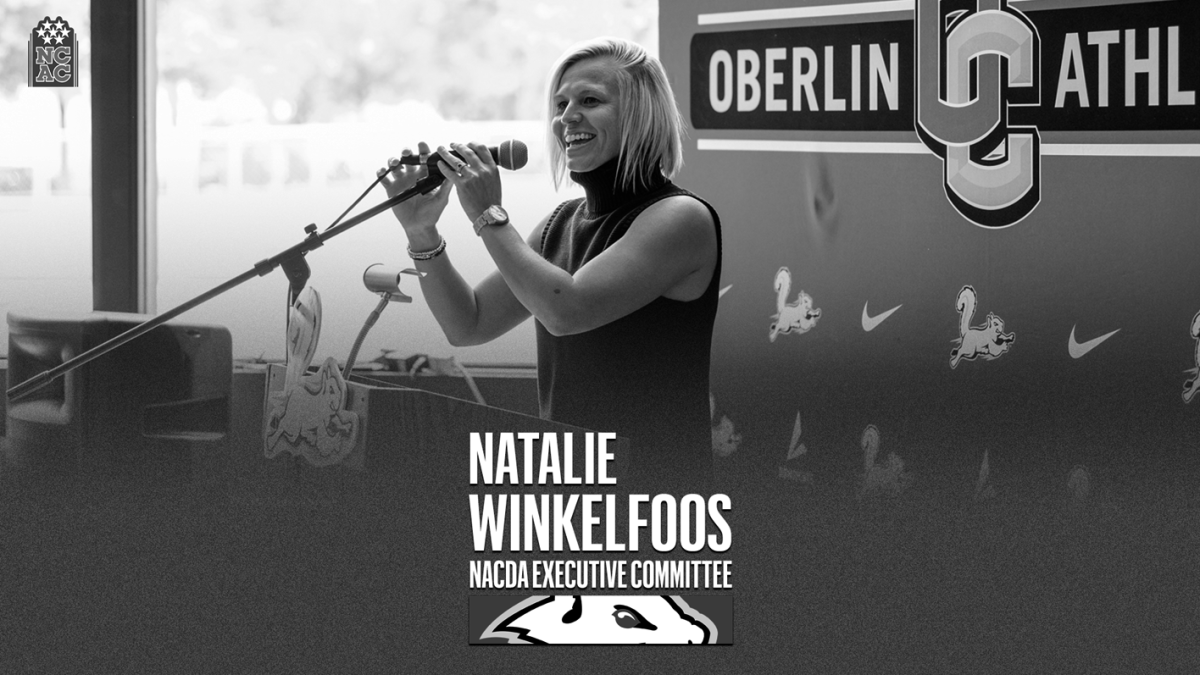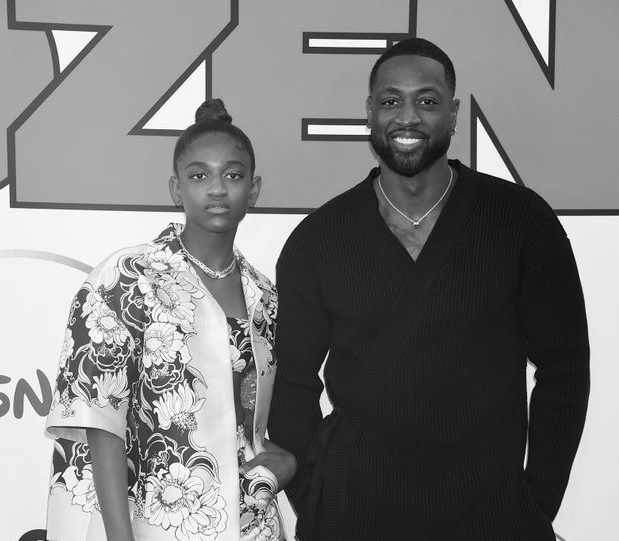Rachael “Raygun” Gunn took the world by storm at the 2024 Paris Olympics after a controversial breaking performance that heralded both criticism and fanfare. Raygun’s Olympic debut — a combined three-round total score of zero (no, this is not a typo) — transcended the breaking community, with Gunn cross-stepping and kangaroo-hopping her way into internet infamy.
Gunn, an academic with a doctorate in cultural studies, was one of the highest rated B-girls — a woman or girl who adopts styles of hip-hop culture — in Australia when she topped the leaderboard at the Oceania Olympic Qualifier. She emerged triumphant at the historic Sydney Town Hall, battling the region’s foremost breaking contenders, ultimately punching her ticket to the 2024 Olympics.
Clad head-to-toe in Australian green and yellow, Raygun took the Olympic stage for the pinnacle of her competitive breaking career. Because of the novelty that surrounded breaking at the Paris Olympics, all eyes were on the B-boys and B-girls, anxious to see how the newly added sport stacked up against the mainstay events. Gunn came out of the gates hot, opening with kicks and spins, turning and stepping in true breaking fashion. Suddenly, things took an unexpected turn. She started to hit moves that became more… interpretive. Audiences watched in surprise as she tamed the cobra, personified a sprinkler, and hopped around the stage like a kangaroo.
After the initial shock — and the collective “did she just kangaroo hop?” — viewers took to the internet to share their reactions to the spectacle that they had just witnessed. While some of the posts were lighthearted in nature, others criticized Raygun and raised serious questions about the performance.
Malik Dixon, an Australian resident, shared his concerns about the greater cultural implications of Gunn’s performance. A native of New York, the birthplace of breaking, Dixon addressed the Australian Broadcasting Corporation.
“It just looked like somebody who was toying with the culture and didn’t know how culturally significant it was,” Dixon said.
While her status and prestige in the breaking community was undeniable, the performance that occurred at the Olympics garnered inquiries into her qualifications as well as the legitimacy of the selection process. Some went as far as positing conspiracy theories that her husband, a qualified judge and breaking coach, rigged the selection process. However, this claim was baseless and the record was eventually set straight — though it had ample time to fester on the internet.
Amid the abundance of criticism, Raygun has defended her performance vehemently, championing the creativity that she showcased during her Olympic bout. Gunn admitted that she entered the competition determined to demonstrate her own brand of breaking.
“Creativity is really important to me,” Gunn said in an interview with ESPN. “I go out there, and I show my artistry.”
Nonetheless, Gunn’s performance pushes us to ask: Is all press really good press? Breaking will not be making an appearance at the 2028 Los Angeles Olympics. In its Olympic debut, breaking has been mocked, ridiculed, gibed, and jeered. In the case of Raygun, it seems like the media attention focused on breaking might have been counterproductive amidst the ongoing campaign to take the sport seriously. While the reactions to Gunn’s performance have been — to put it simply — diametrically opposed, it’s indisputable that Raygun has permanently left a mark on the world of breaking. For better or worse, Gunn’s creative liberties plunged breaking into the limelight, generating attention and interest.









